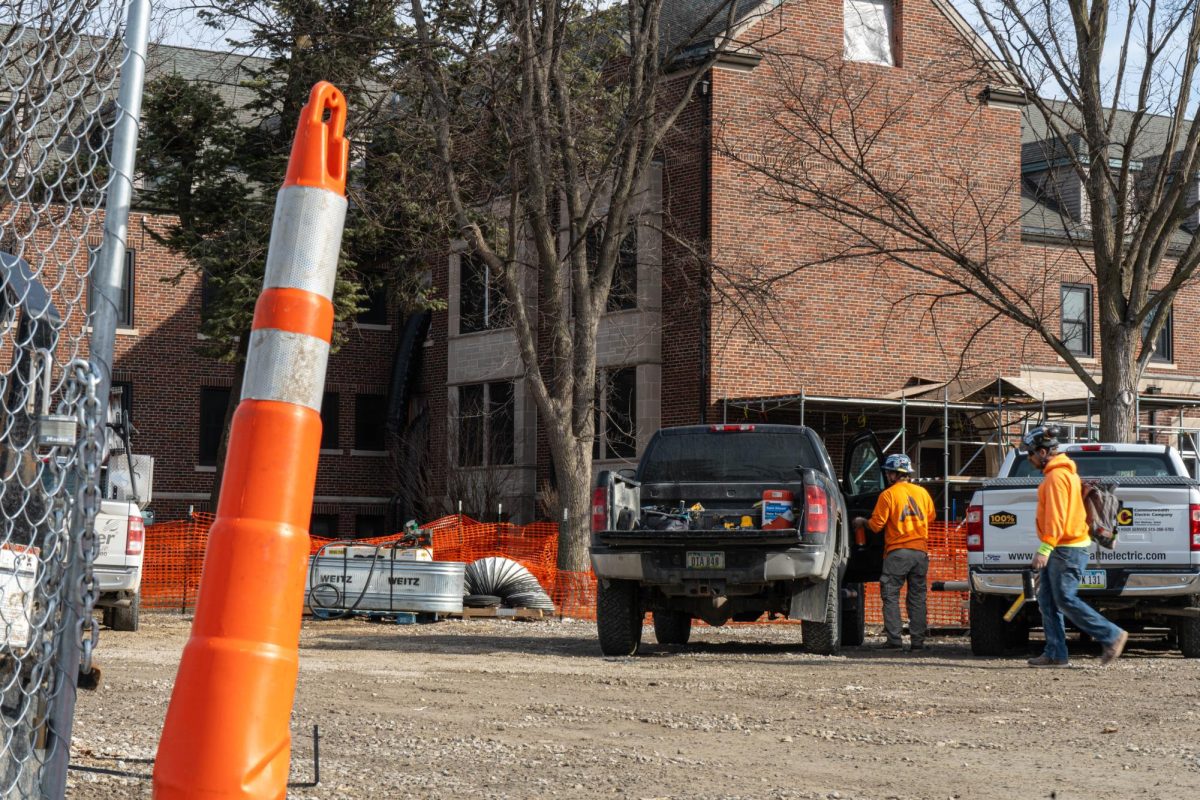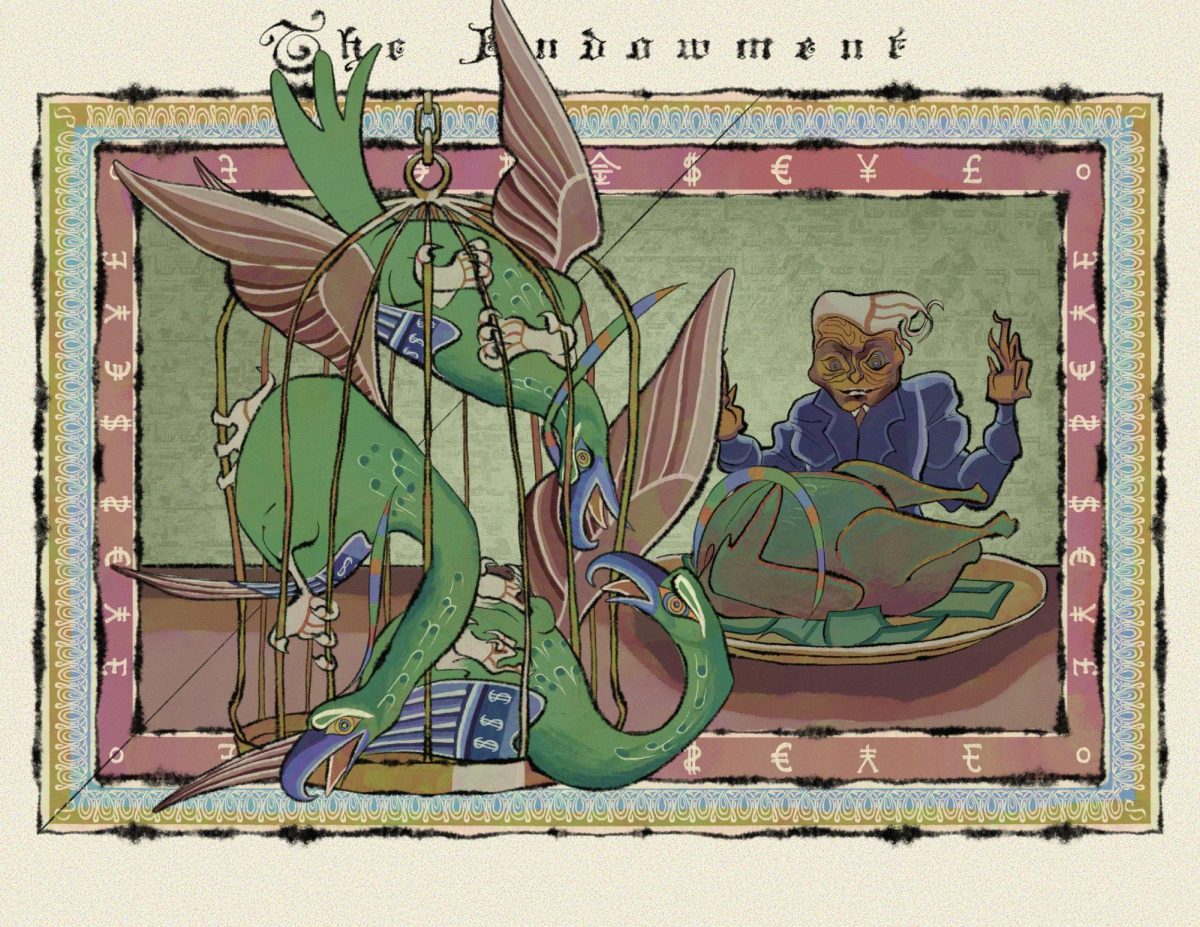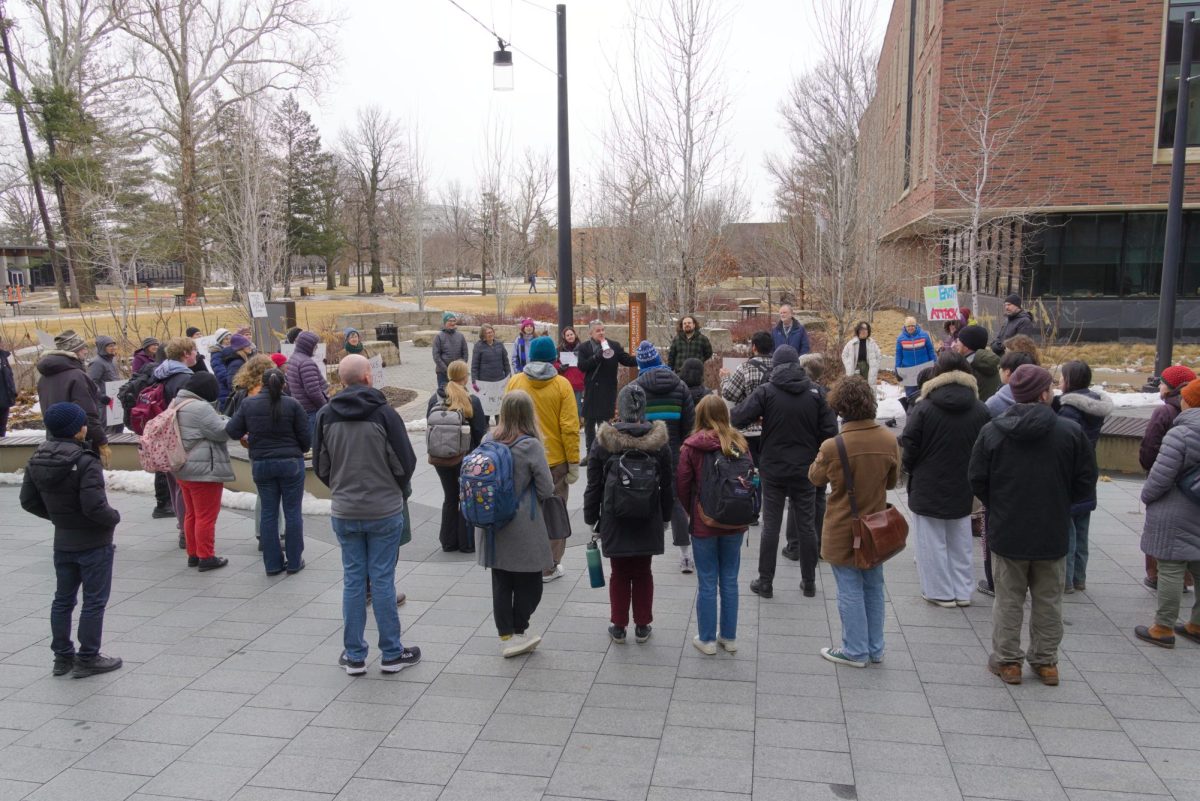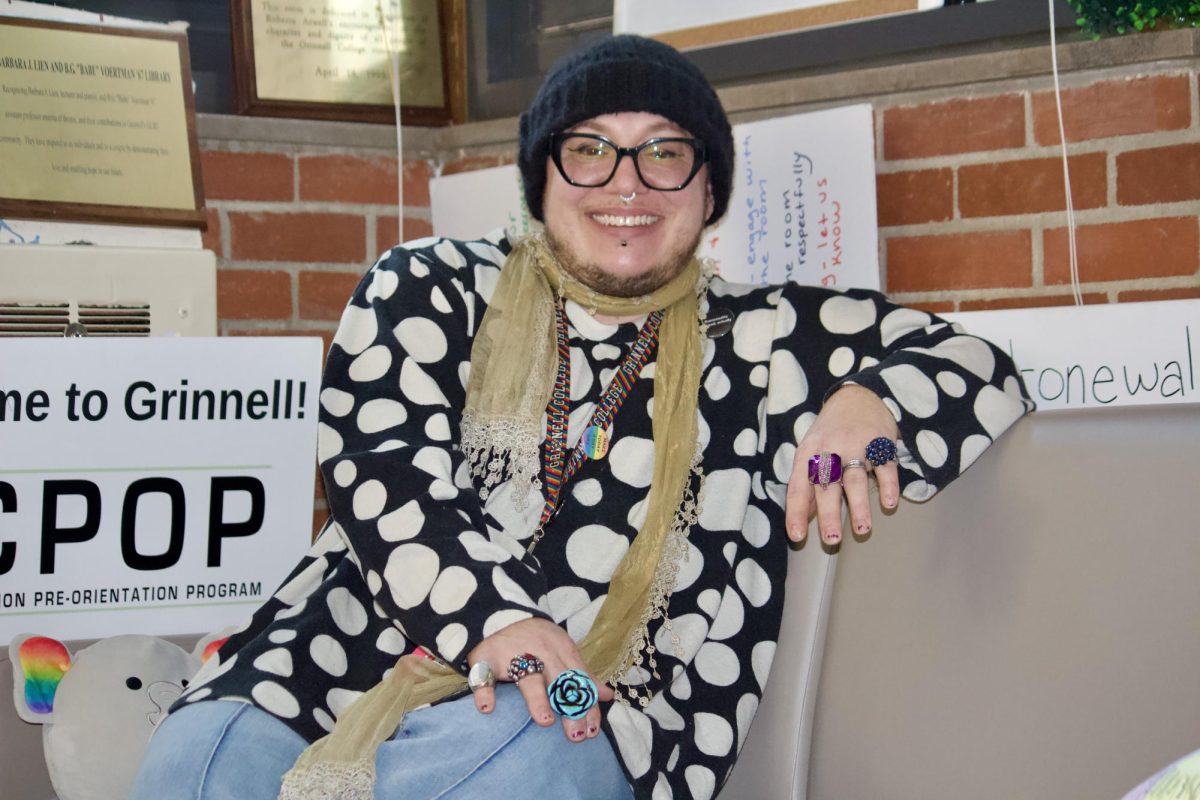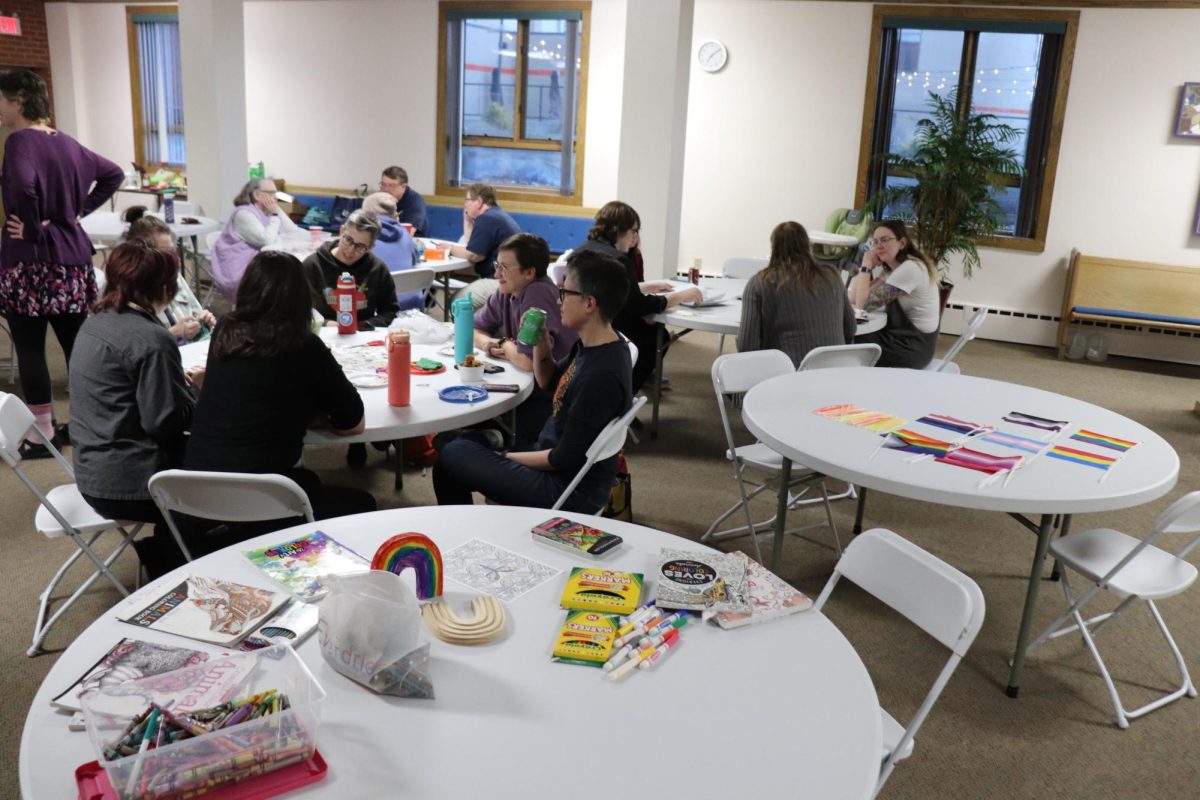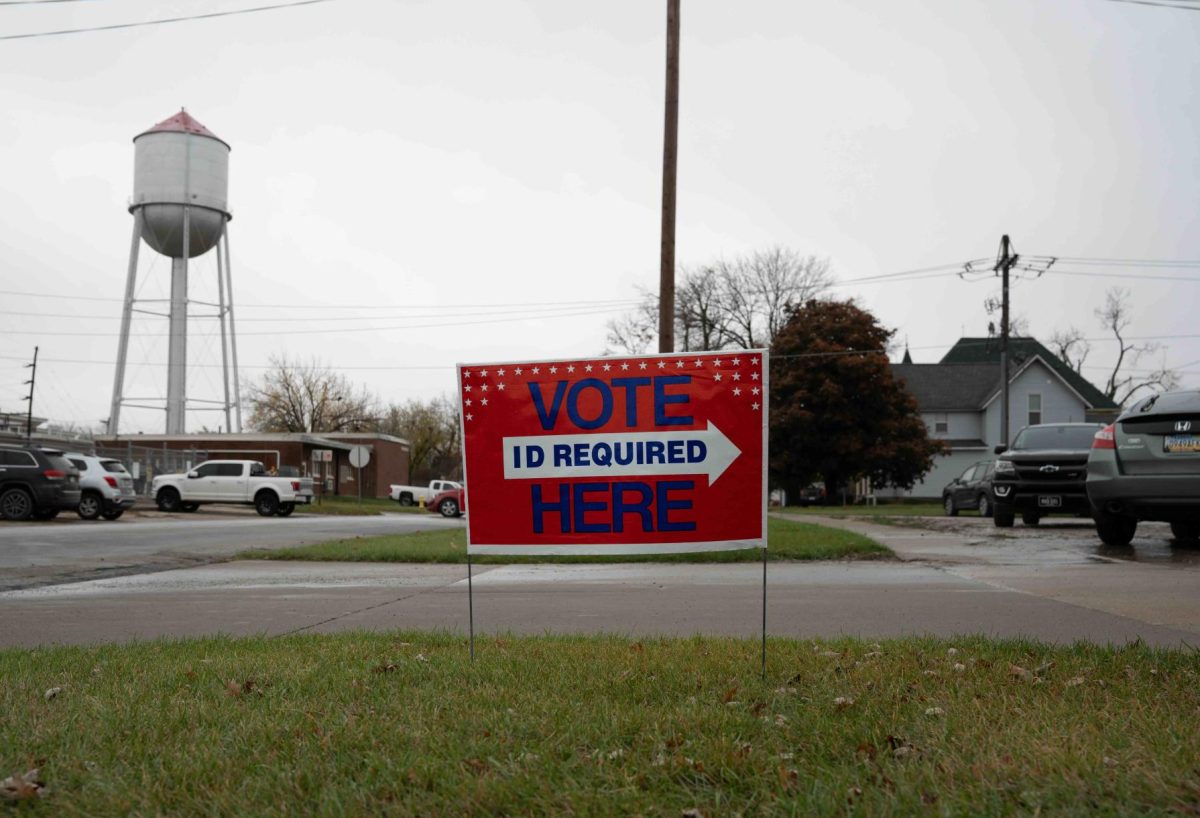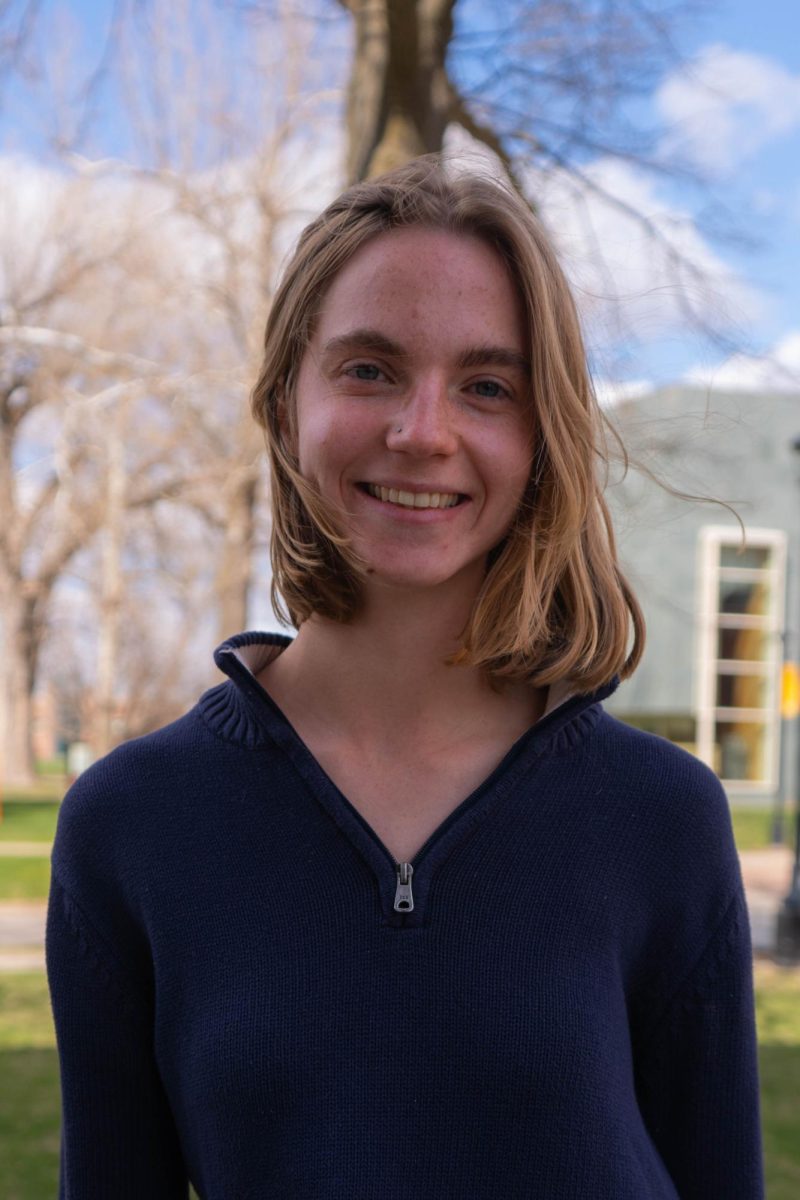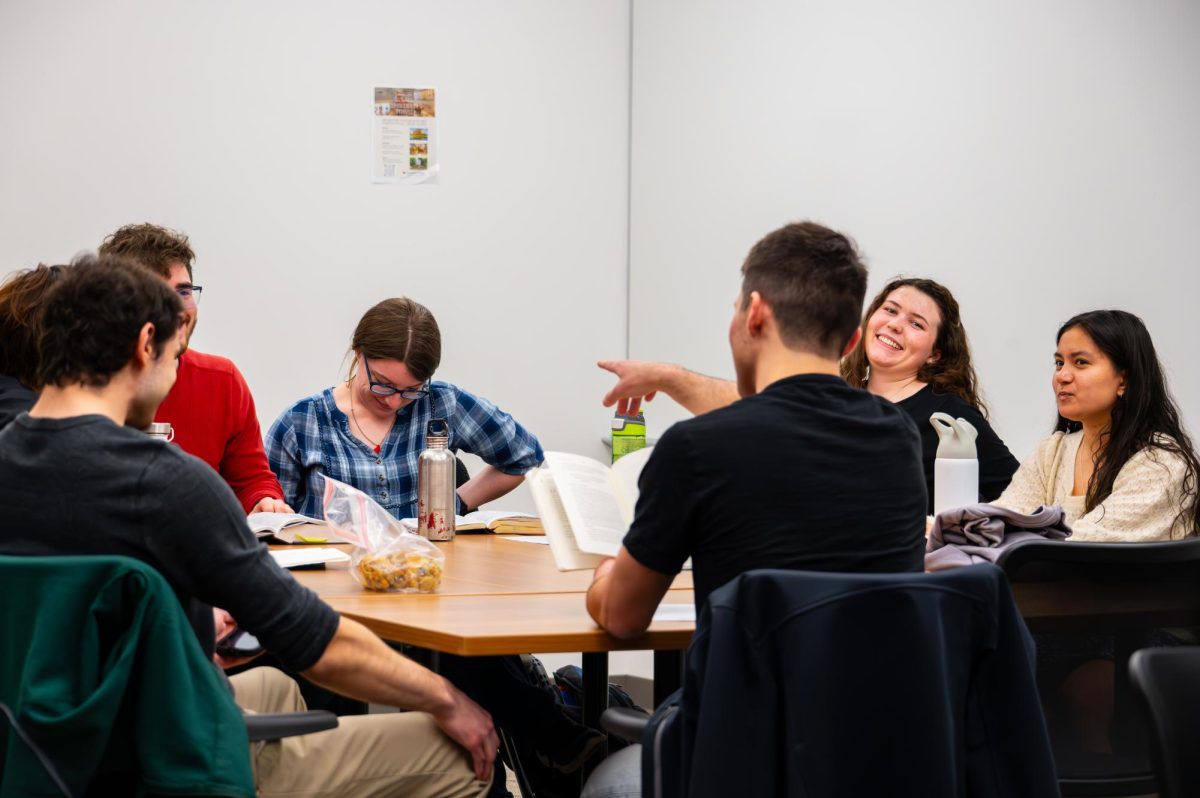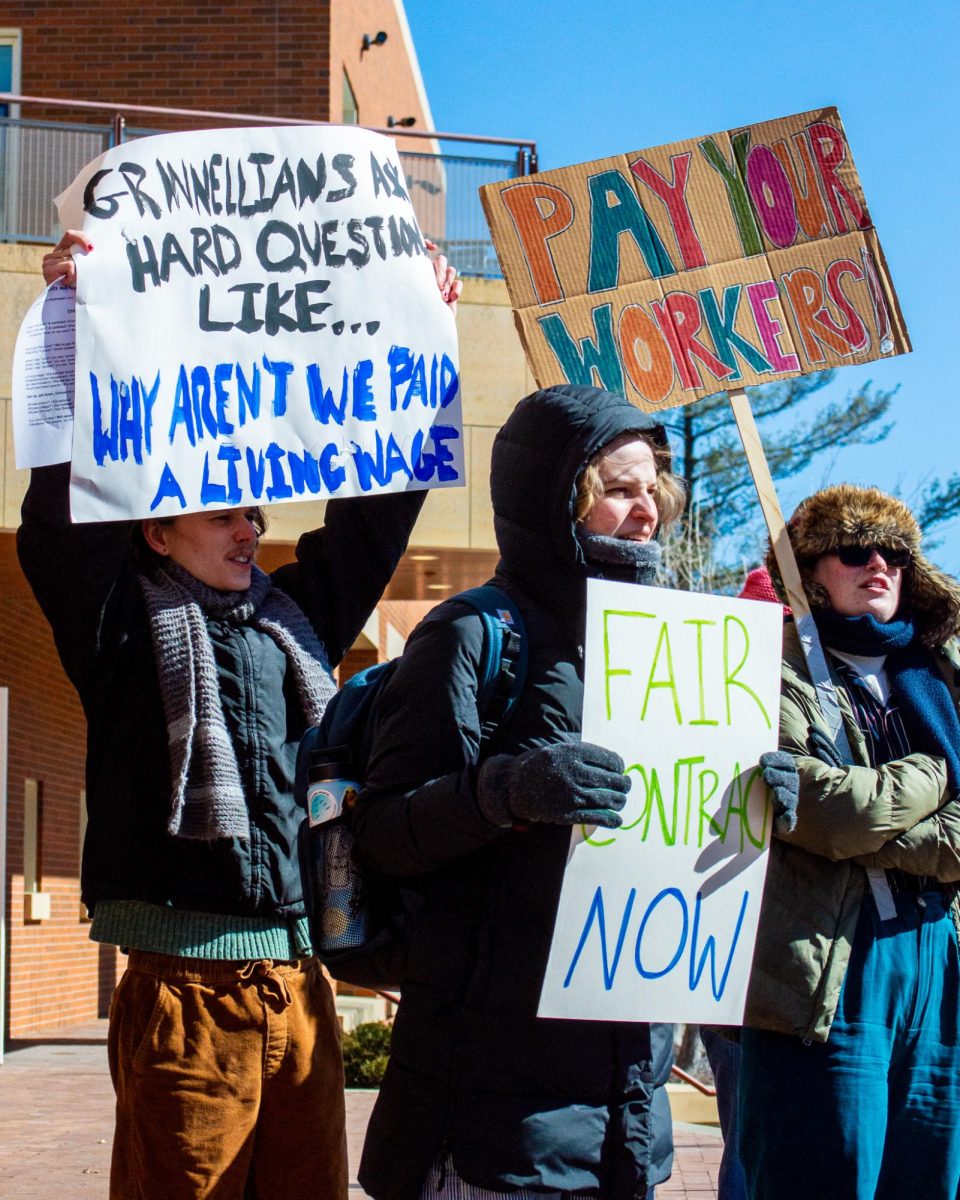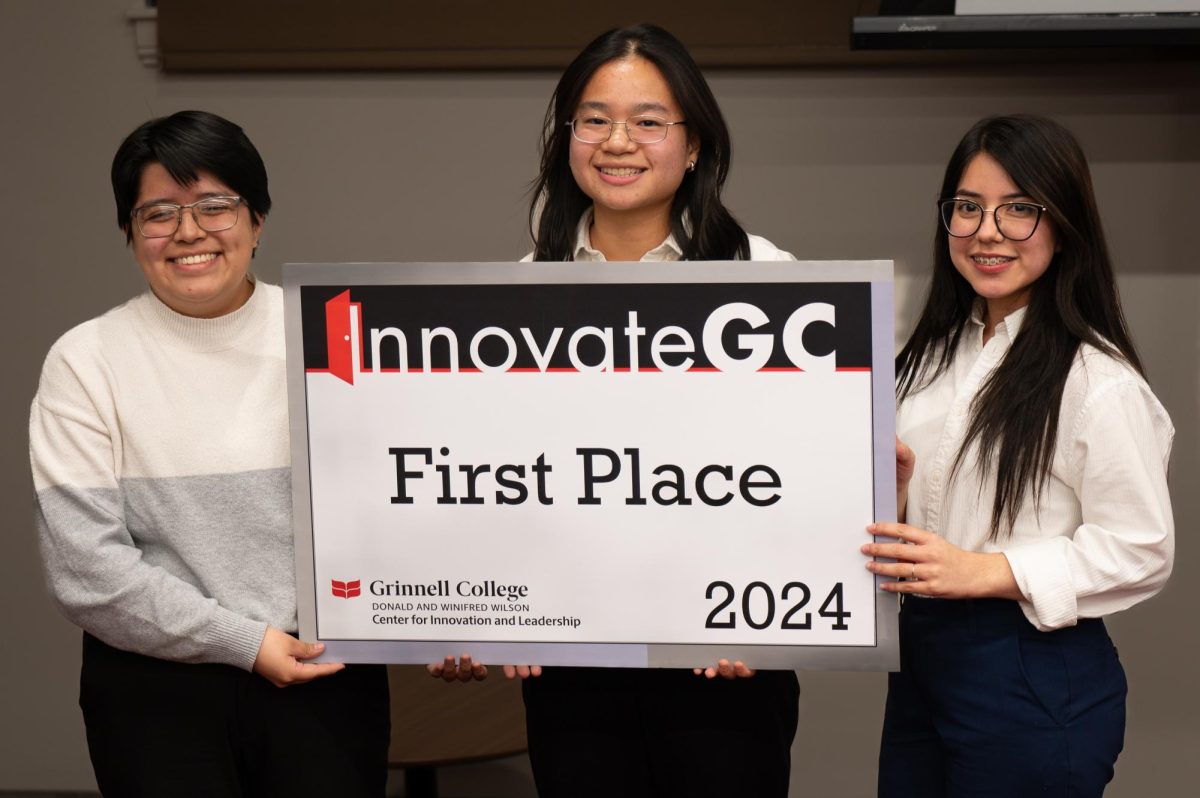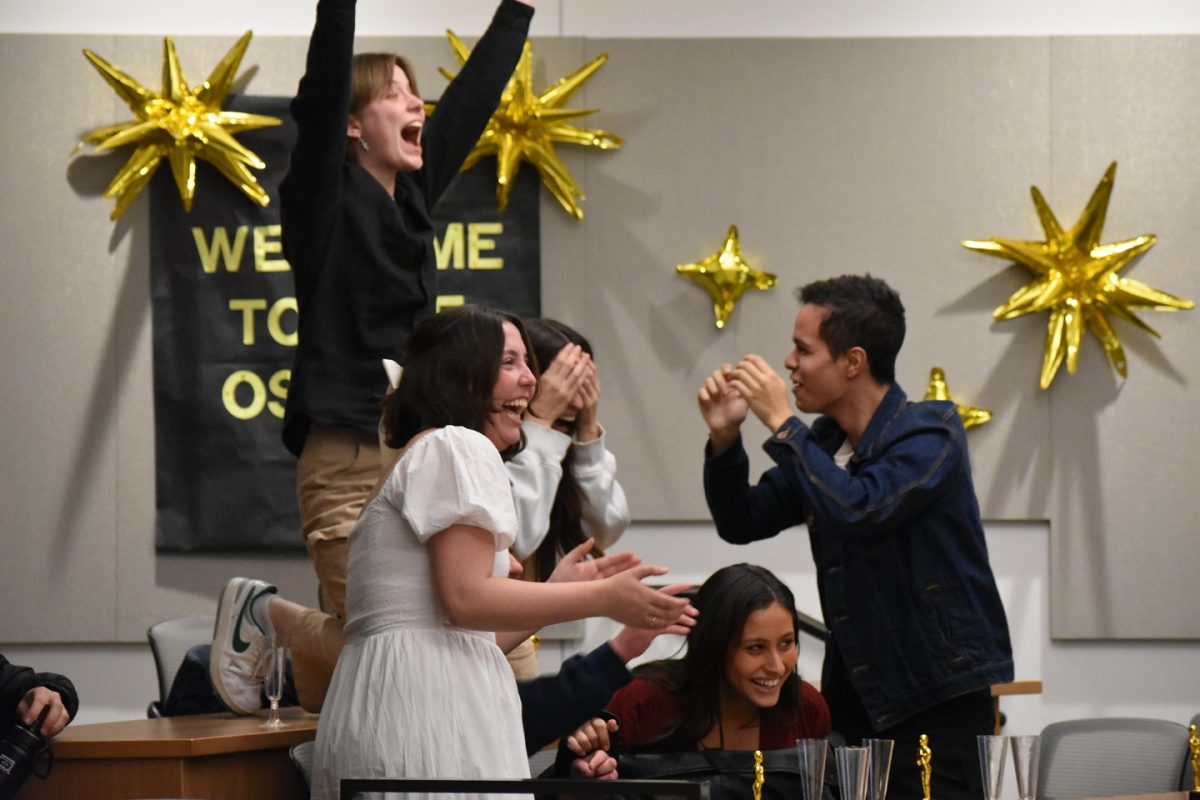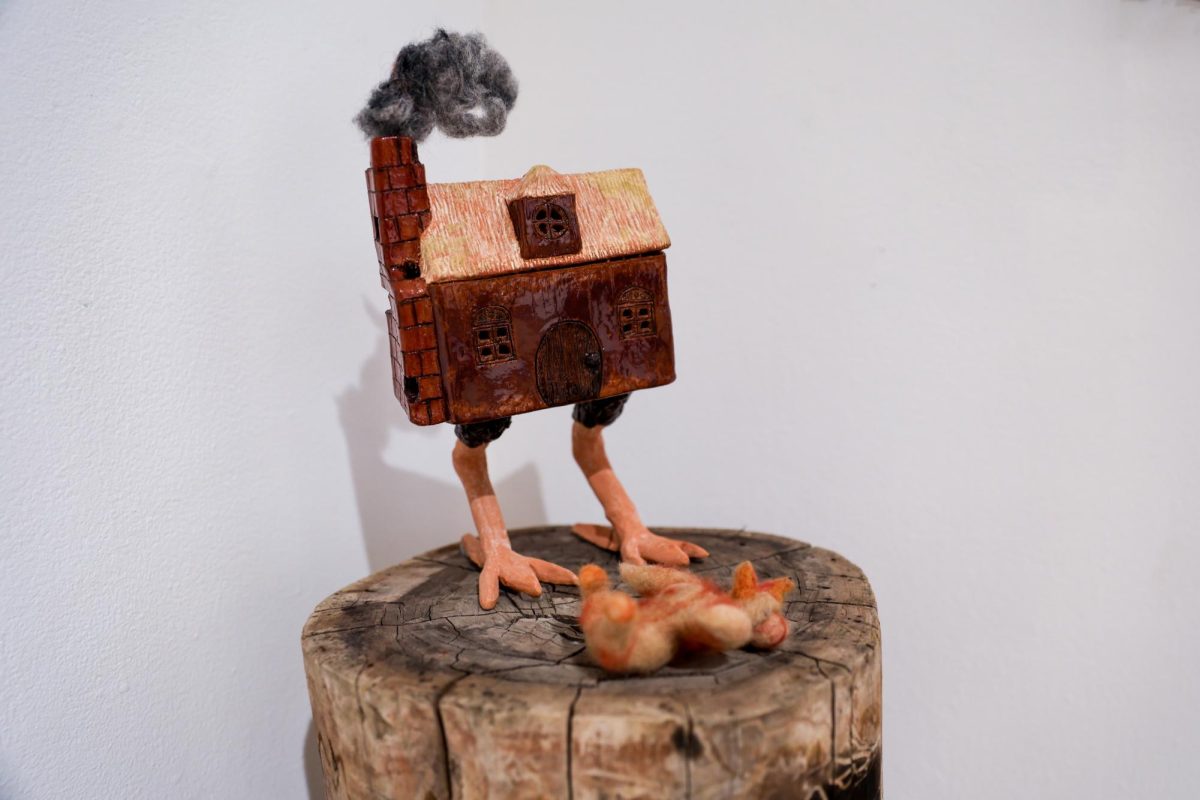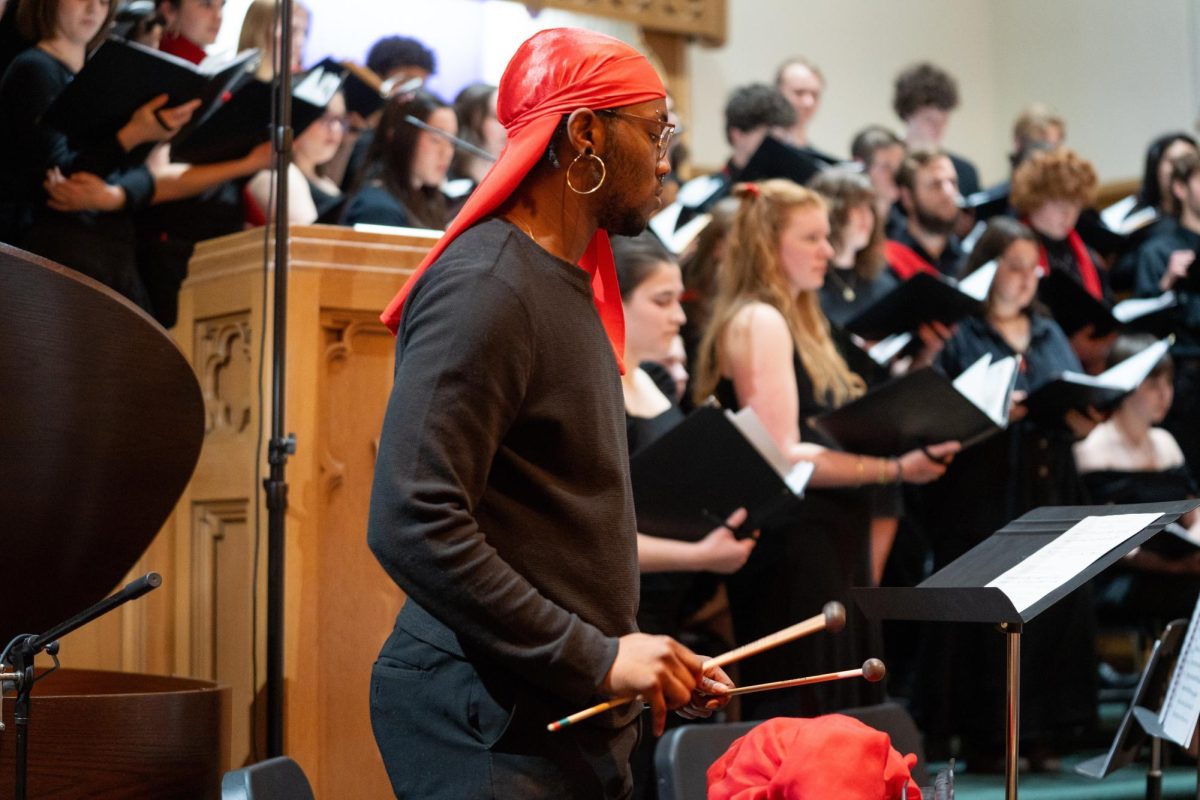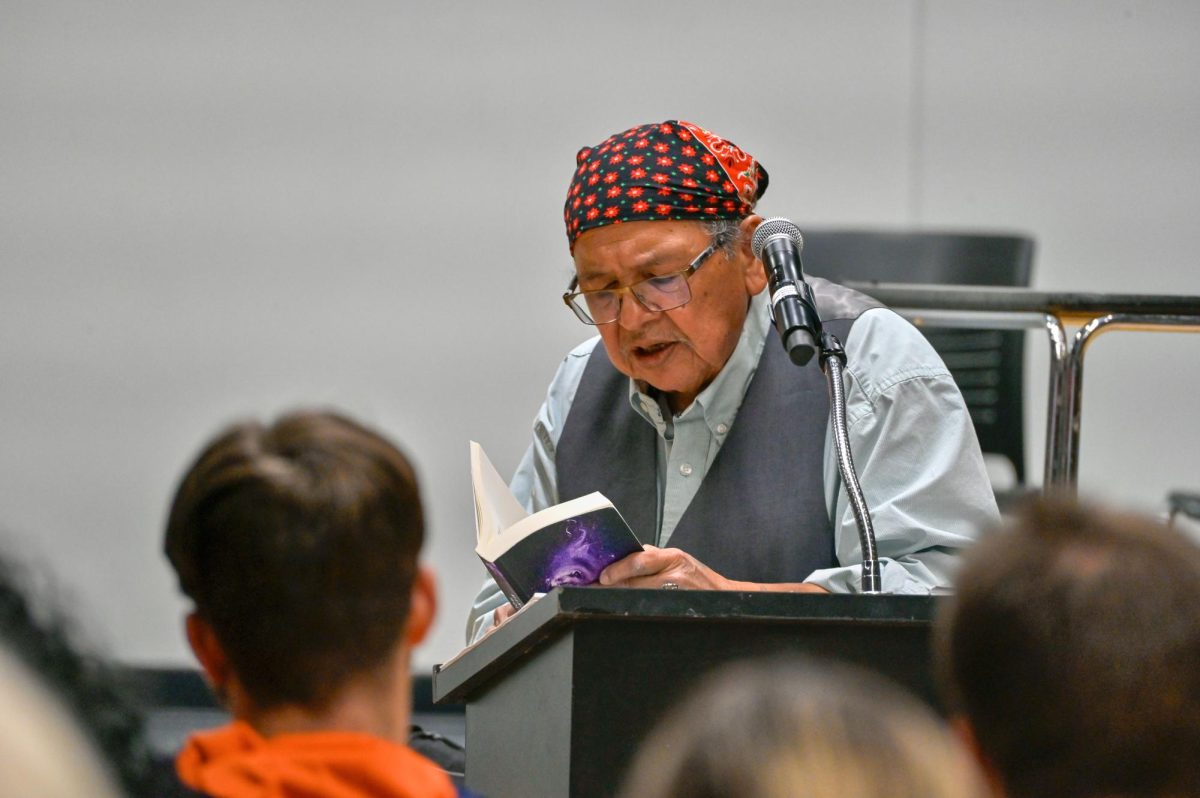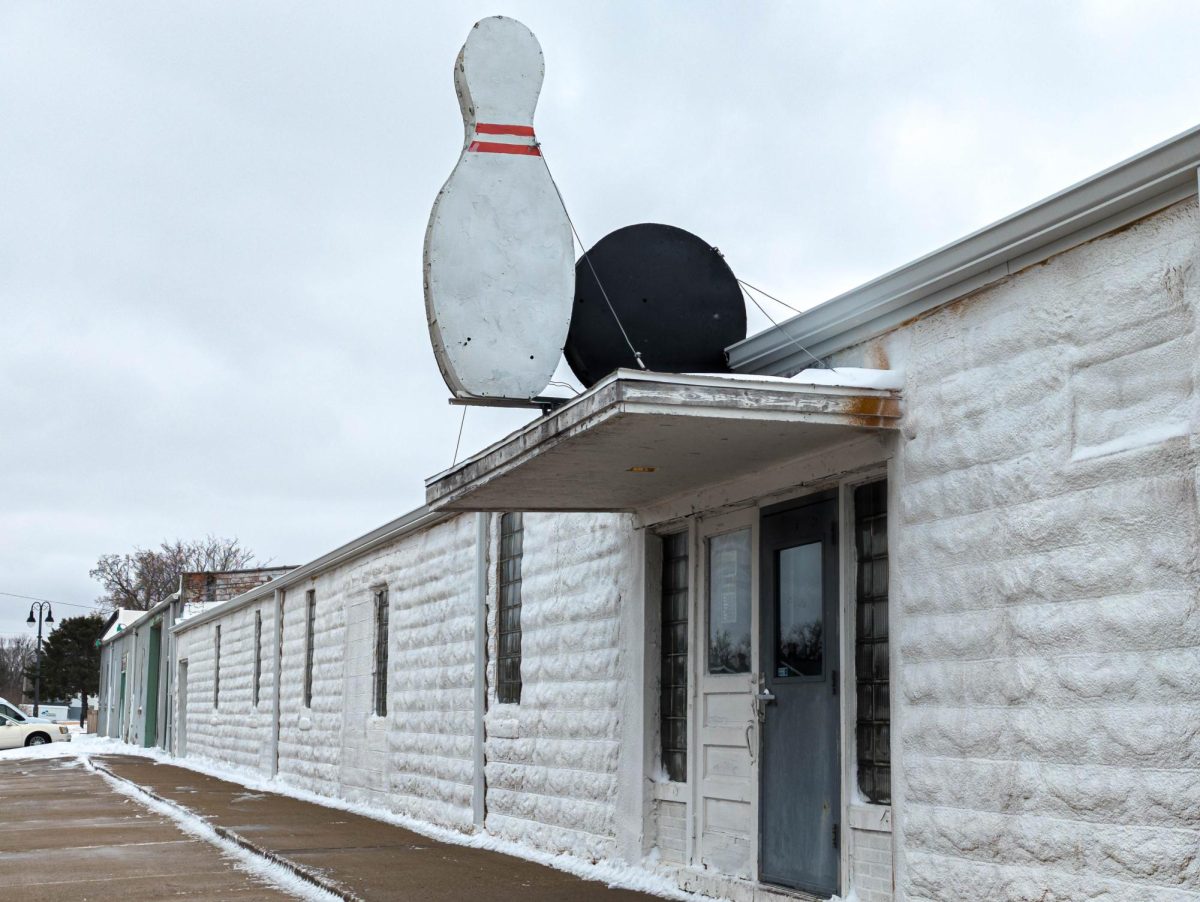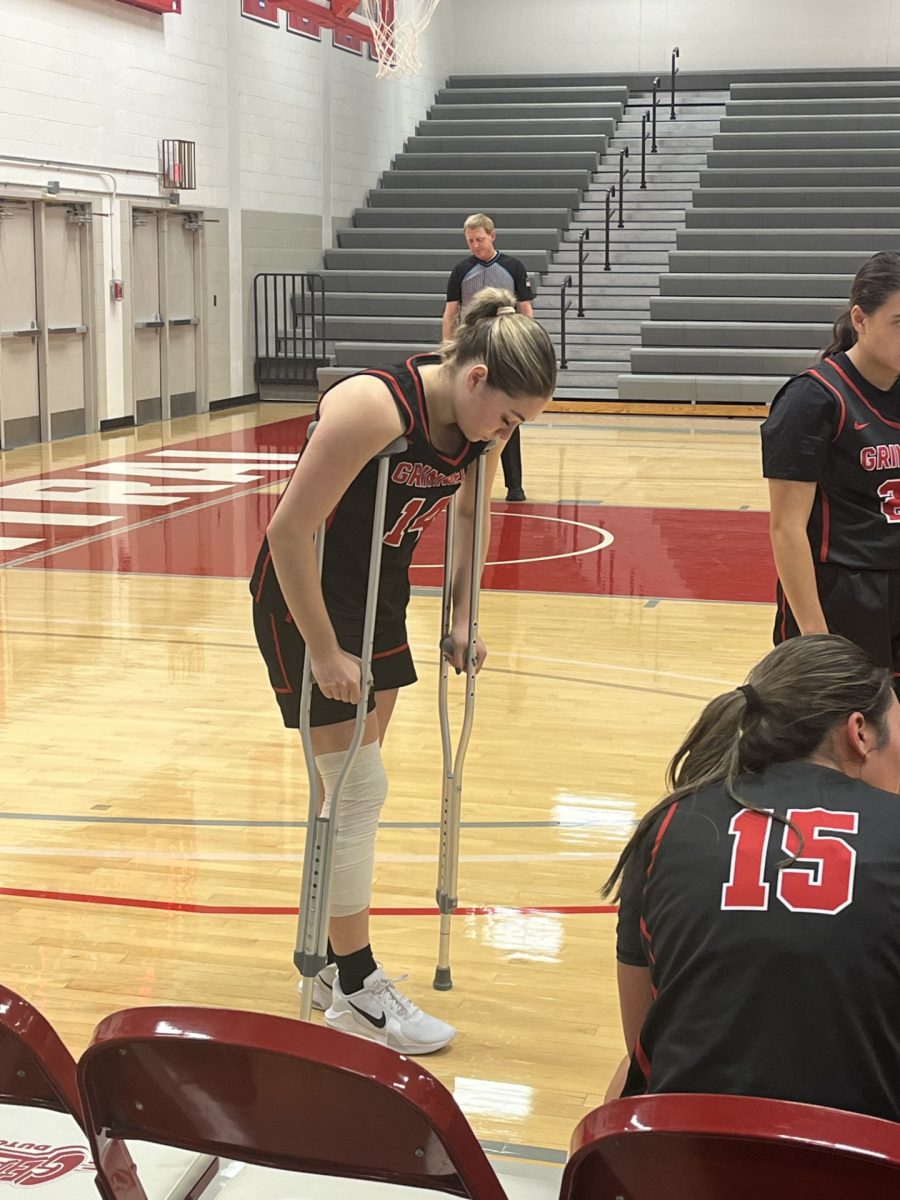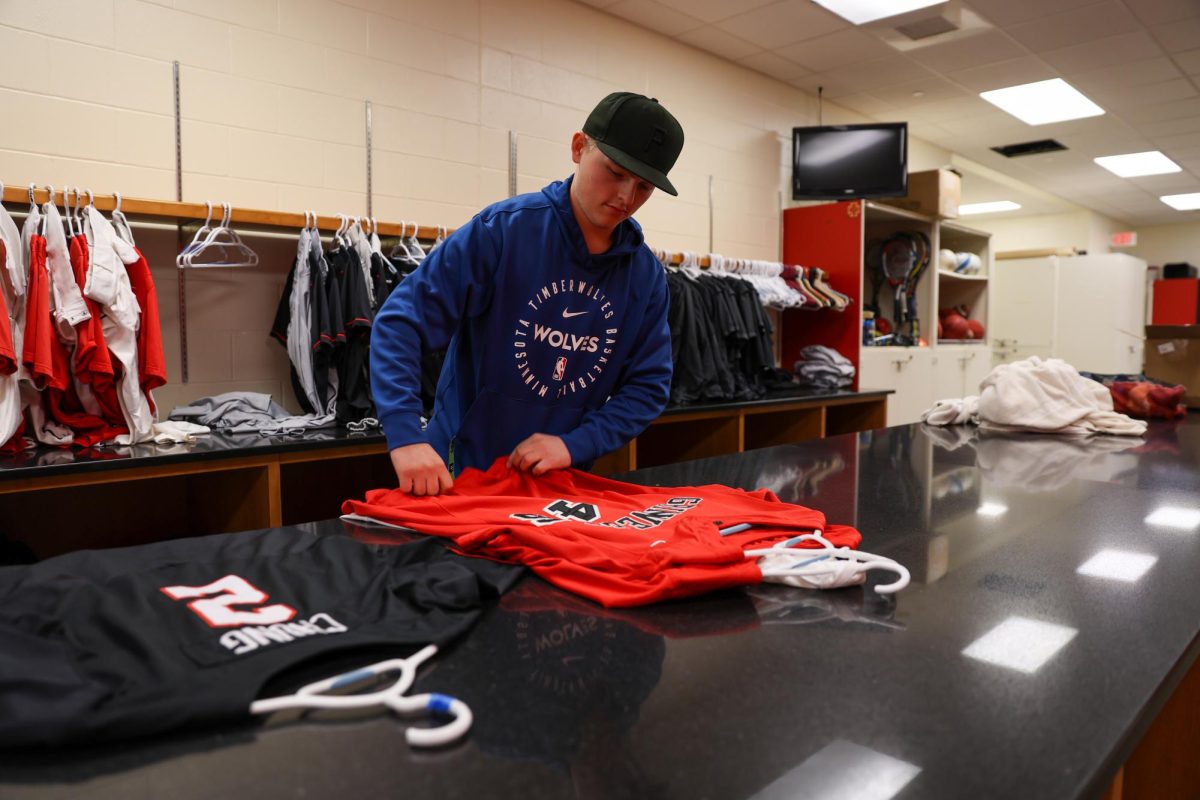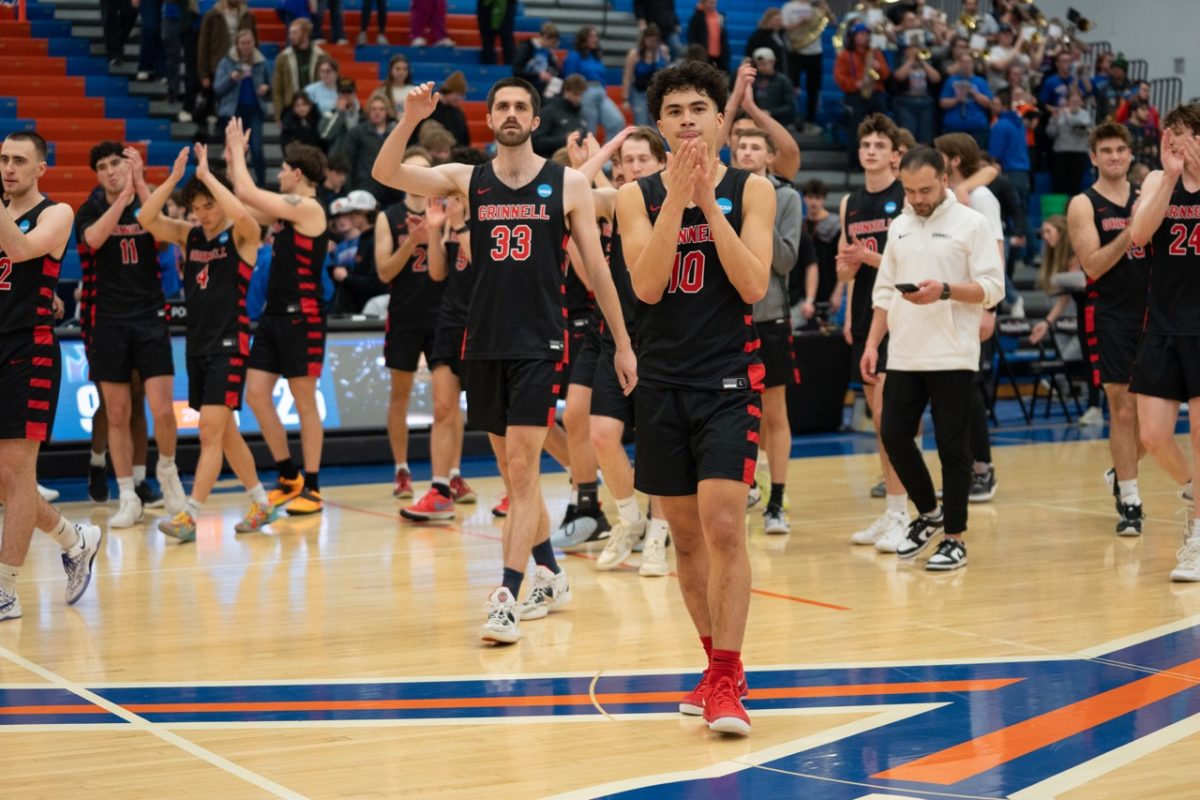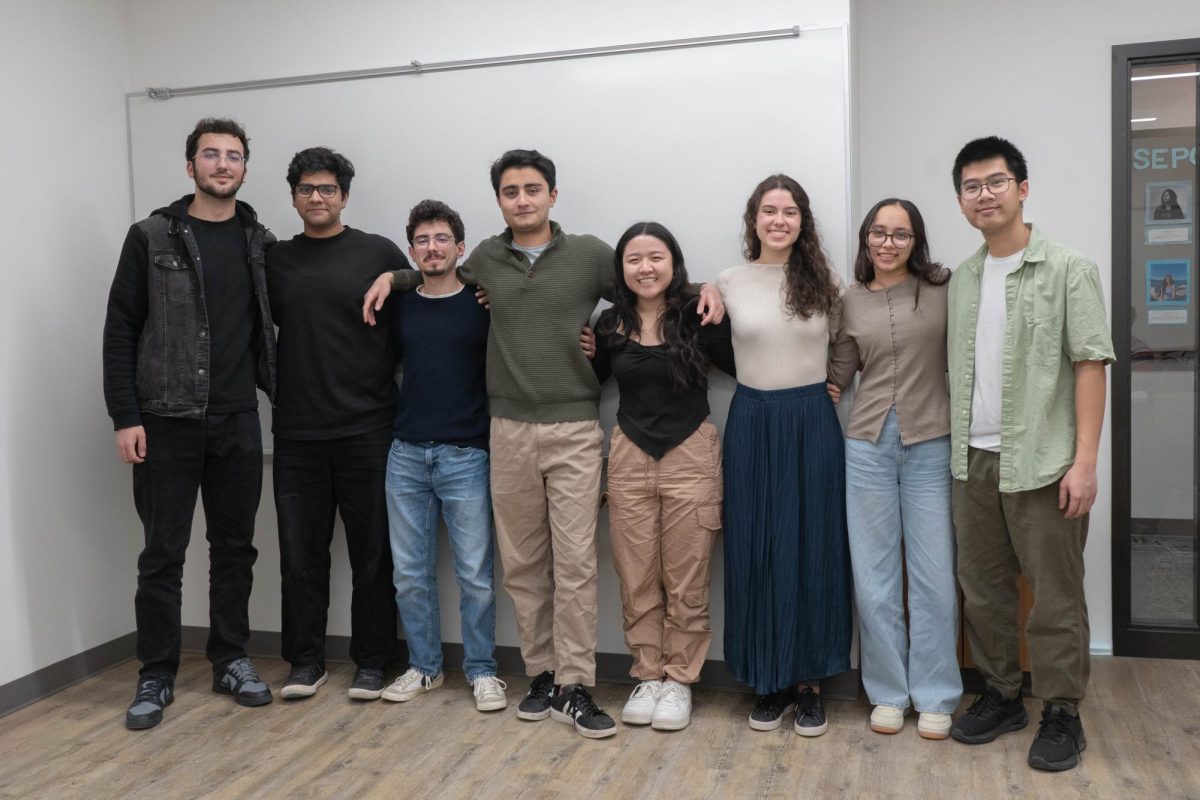As the Trustees gathered on campus yesterday for their quarterly meeting, they arrived at a College with a deep divide between its faculty and administrators.
A series of recent events beginning with barbed letters and legal threats have galvanized the College’s faculty and left both professors and administrators questioning the faculty’s role in relation to the Office of Student Affairs. At the same time, questions have been raised over whether faculty have inappropriately contacted and pressured students for information pertaining to personnel issues. This all comes on the heels of last semester’s controversial faculty letter to the S&B addressing the departure of former Associate Dean and Director of Residence Life Sheree Andrews and a fiery open forum which featured public sparring between administrators and faculty.
On Monday, Jan 26, Ralph Savarese, English, was sent a cease-and-desist letter from College President Russell K. Osgood, according to numerous faculty sources. When reached by the S&B, Savarese would not offer any comment.
Osgood would neither confirm nor deny the existence of a cease-and-desist letter, citing the confidentiality of private conversations with professors, but did state that, “Professor Savarese is a faculty member in good standing, [and is] not the subject of any disciplinary action.”
Many faculty members, however, said they viewed the cease-and-desist letter as an unwarranted and intimidating gesture. “That’s something really upsetting, to move to a power move so quickly,” said Johanna Meehan, Philosophy, when asked about the letter. “It really shuts off and silences people in a way that does not seem a good thing.”
While the exact motivation for sending the letter remained vague to many faculty members interviewed, the faculty response was quite strong. “I don’t know what Professor Savarese said, but I think it’s hard to understand the president’s response as anything other than an attempt to intimidate a faculty member into keeping quiet and I’m not sure when that would be appropriate,” said a tenured professor who was not initially involved in the discussions over Andrews’ departure, and who wished to remain anonymous due to the sensitive nature of the topic. “My intuition is that it would never be appropriate, given free speech.”
In response to the cease-and-desist letter and ongoing grievances against the administration, certain faculty members, including many who signed the initial letter to the S&B, organized and decided to present their concerns to the broader faculty community at a regularly scheduled all-faculty meeting this past Monday.
At the meeting, Victoria Brown, History, who signed on to the S&B letter, read a statement on behalf of the involved faculty which outlined their concerns on the Student Affairs hiring and firing process and called for a faculty-only ad hoc meeting later in the week dedicated to the issue.
At the subsequent meeting, which was held Wednesday and attended by roughly 60 faculty members, a select group of professors presented to the rest of the faculty in attendance a packet of information detailing Andrews’ dismissal and the professors’ correspondence with Osgood. The materials also included specific concerns about the College’s Vice President of Student Affairs Houston Dougharty, who became a central target for faculty ire in the wake of Andrews’ departure.
After some discussion, the faculty present at Wednesday’s meeting took a vote on three separate issues: whether there should be an external review of Andrews’ departure, whether the search for Andrews’ replacement should be placed on hold until an investigation can be completed, and whether Andrews should be rehired. The first two measures passed by wide margins, while the third vote split the faculty closely down the middle.
“The overwhelming majority felt that there was reason for concern and that it was reasonable to ask for the president to set up a review when so many people had so much confirmed,” Meehan said.
Faculty members have arranged a meeting with the College’s Board of Trustees today in order to present their complaints outside of the College’s formal channels.
Since the December open forum, certain faculty members continued to investigate the circumstances of Andrews’s departure. On Jan 27, before Savarese received the cease-and-desist via mail, a group of professors presented Osgood with a letter seeking the creation of an external review of Student Affairs and its hiring and firing practices.
Osgood responded two days later with a letter of his own (a copy of which was obtained by the S&B), stating that faculty were fully separate from the office of Student Affairs. His letter also addressed claims faculty members had made through what he characterized as “‘unauthorized investigations.’”
“I note that no evidence was actually adduced with the statement,” Osgood wrote, “and recall the torrent of e-mails from a faculty author with various claims, many anonymous and also frequently omitting key facts and events even if known to the faculty author, and a number with demeaning and insulting claims.”
——-
While the student body has remained largely unaware of these recent events, the effects of the dispute have begun to trickle down to students. SGA Vice President for Academic Affairs Julie Hoye ’09 noted the difficult position that students confront in their relations between both faculty and Student Affairs. “It’s very obvious that there’s a conflict between Student Affairs and faculty and it’s hard for us [students] to navigate our role in working with both of them,” Hoye said.
This tenuous position has become even more delicate as, according to Osgood, some faculty members have inappropriately contacted students. “I have recently received complaints from students and staff and Student Affairs complaining about interference from faculty,” Osgood said. “[They were] trying to involve students improperly, contacting them improperly, repeatedly contacting them. I just want to be clear, we will not accept that.”
College Trustee Laura Ferguson ’90, who chairs the Board’s Student Affairs Committee, did not comment on whether such incidents had occurred, but said that any faculty or administrative pressuring of students would not be tolerated and would prompt Trustee intervention. “If, for example, students are being unfairly pressured by anybody—any employees of the College—the Trustees will definitely weigh in on that,” Ferguson said. “Because it’s inappropriate for anyone in a position of authority to be pressuring our students in any way.”
Meehan acknowledged that some professors had approached students but said that they had not behaved inappropriately. “It’s one thing to say some people asked questions, and that’s quite different from saying students, faculty, and staff were harassed—a dramatic difference in characterization,” she said.
“I think that there were some people who were asked questions who did not want to be asked questions and did not want more questions being asked, but that’s different than saying they were harassed,” Meehan said.
———-
In addition to specific grievances over personnel issues, the overall conflict stems in part from competing conceptions of the faculty’s appropriate role in student life and its relationship with Student Affairs.
While professors demonstrated a willingness to involve themselves in administrative affairs, Osgood was more skeptical of faculty engagement. Though he said he encouraged faculty to voice their concerns to the administration, Osgood maintained a stricter separation between the two, saying “anything by which faculty try to involve themselves directly into the administration or personnel matters in Student Affairs is not a good idea.”
Chair of the Faculty Mark Schneider, Physics, was reluctant to comment broadly on what constitutes appropriate faculty engagement, instead saying that every situation called for a personal decision and was highly contextual. “There’s not a simple answer that one can say ‘oh, for any arbitrary faculty member, here’s the correct way to behave.’ You have to examine individual circumstances,” Schneider said.
“This is a more difficult instance because as I say, the people who are raising the concerns clearly don’t have the obvious direct responsibility for the issues that are causing the difficulty. Certainly, if one feels that there are really terrible things going on, yeah, you should make a fuss about it,” Schneider said.
Schneider said that some amount of tension is inevitable between faculty and administrators as interests would never fully align and said that his 20-plus years at Grinnell have been marked with periodic discord between members of the two bodies.
Osgood also said that his tenure at the College has witnessed periods of faculty-administrative tension and that the current episode was no more contentious than previous ones.
Professors such as Schneider and Mark Montgomery, Economics, said that the level of distrust between some faculty members and the administration has reached a level unprecedented during their time at Grinnell.
“It’s fair to say there’s been a conflict with the administration about how much influence the faculty can or should have over personnel issues and other departments outside the faculty,” Montgomery said. “There’s more strain between the faculty and administration than there has been in my time here, 20 years. I think slowly the tension has been getting worse.”
Some of those involved, in addition to lamenting the poor relations which have permeated the entire episode, expressed frustration that the matter was even being discussed at all. “I think it’s not healthy for the institution. I think that it’s inappropriate for there to be any sort of public discussion of personnel issues,” Schneider said. “And I think it’s very difficult to have any sort of balanced conversation about such things because inevitably any information that is public is only partial.”

